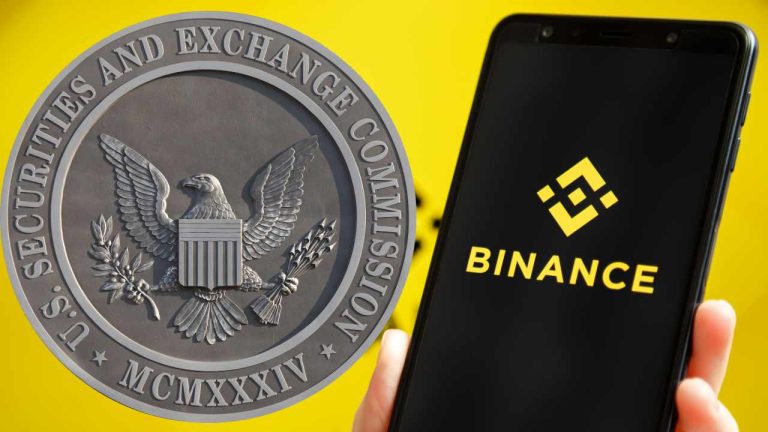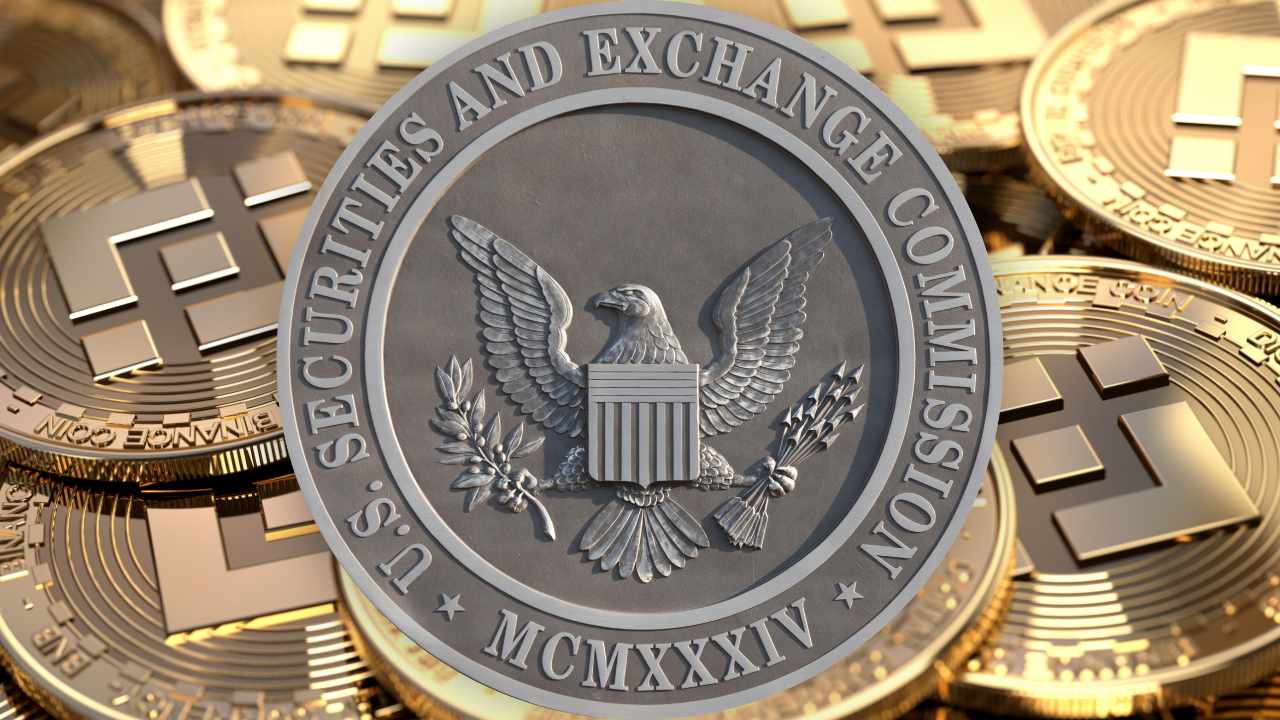
The billionaire investor got stuck into a heated debate with former Securities and Exchange Commission official John Reed Stark over crypto regulation.
Crypto Twitter was witness to a fierce debate this week, with billionaire investor Mark Cuban accusing SEC’s Gary Gensler of throwing crypto under the bus while a former SEC official was quick to come to the regulator’s defense.
In a spirited back-and-forth exchange on Twitter with former SEC officer John Reed Stark that started on June 14, Cuban took issue with Stark’s seeming defense of the SEC’s recent legal action against crypto exchange giant Binance.
Cuban accused Stark of misinterpreting the impact of the case and blamed SEC Chair Gary Gensler’s “regulation via litigation” approach for sabotaging crypto startups.
John. I think you are misreading the impact of what the judge said. It’s not related to this suit.
— Mark Cuban (@mcuban) June 14, 2023
Not all crypto businesses that have tokens or are considering using tokens are large “enterprises”. Which is the assumption, I believe you are making. (Correct me if I’m wrong…
Stark had earlier argued that crypto-related businesses should be treated as “large enterprises” by regulators. However, Cuban argued that many crypto businesses are small and shouldn't be told to “hire securities lawyers” just to get a start in the industry.
Stark also reiterated his support for the SEC’s actions against Binance, noting that the industry remains largely unregulated and that the move will eliminate “bad actors” and promote transparency.
From there, the debate pivoted to a discussion on how best to regulate cryptocurrencies, with Stark pushing the line that crypto assets should not be treated as “pink sheets or stocks.”
Conversely, Cuban called Stark’s take biased, suggesting that tokens could, in fact, be treated similarly to other securities and that the SEC should propose clearer guidelines for them.
Mark Cuban is a well-known American entrepreneur and investor. He first became involved in crypto in 2017, when he declared Bitcoin (BTC) to be nothing more than a pyramid scheme. Over time, Cuban has become more supportive of digital assets and now appears to advocate for the industry.
Now we are talking tech. You are in my space John. I don’t comment. I do. My entire career has been people telling me why the companies I started were ridiculous and not needed. Until they found themselves using them.
— Mark Cuban (@mcuban) June 15, 2023
Smart contracts are about 6 years old. Maybe the name… https://t.co/da2zEvjtHU
John Reed Stark was previously chief of the SEC’s Office of Internet Enforcement. Currently, Stark stands as a moderate skeptic of crypto and provides a wide range of legal commentary on digital assets to his 21,000 followers on Twitter.
Related: ‘Near impossible to know’ what is and isn’t a security — Mark Cuban on SEC
Ultimately, Cuban conceded that just like all of the early-internet companies, “90 percent of blockchain companies” and “99 percent of tokens” will go broke. Those that emerge victorious “will be game changers. That’s the way tech works,” he said.
Cuban wrapped things up with words of support for crypto, saying that no one could refute the potential impact of crypto on the wider economy.
He said “Crypto Derangement Syndrome” — his term for an irrational hatred of crypto — would have the same negative effect as those overhyping its potential.
“With all due respect, Crypto Derangement Syndrome is just as big a problem as the crypto maxis over hyping crypto.”
Magazine: ‘Moral responsibility’ — Can blockchain really improve trust in AI?










